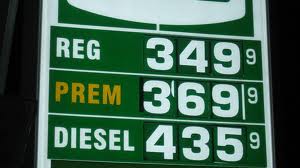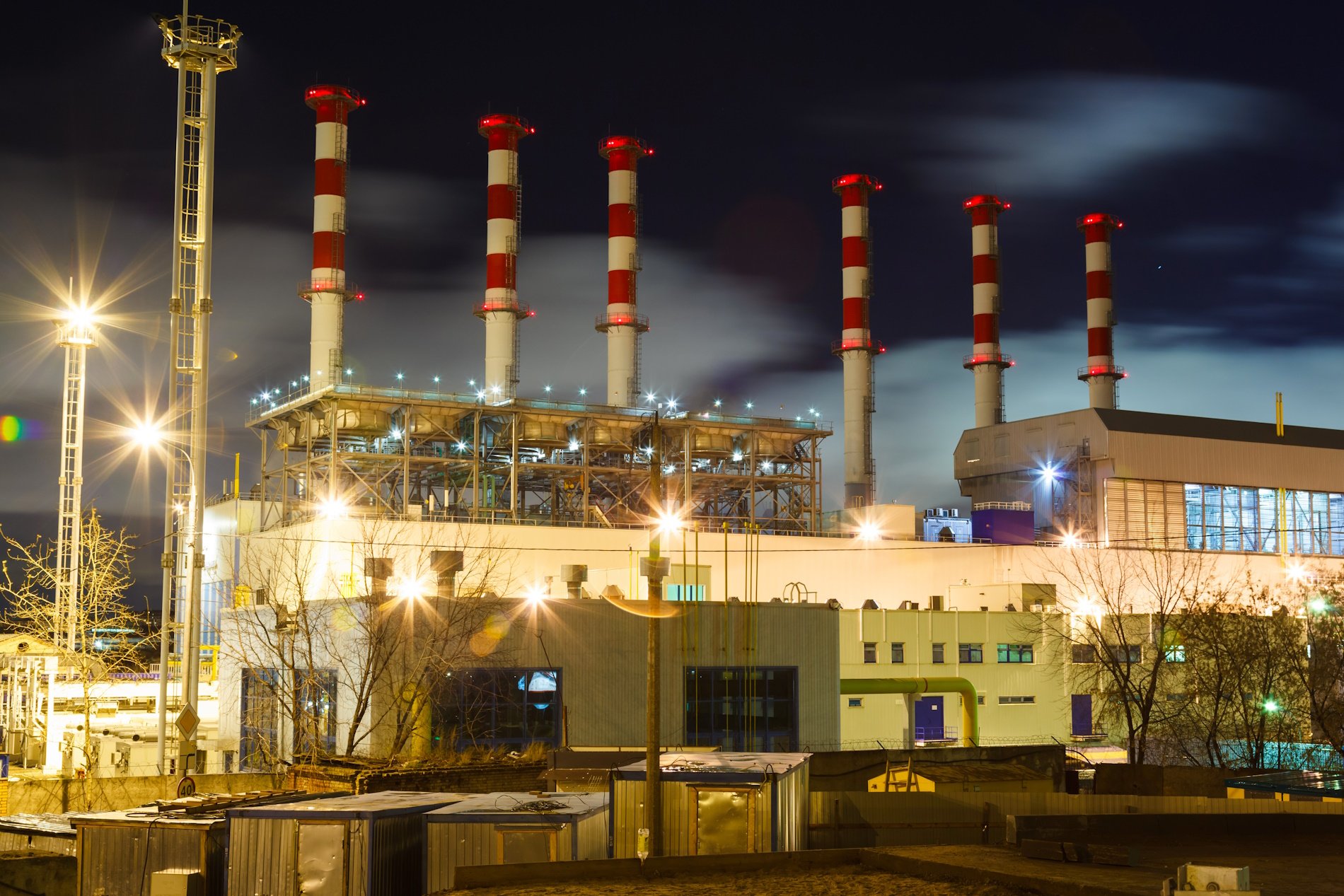What makes gas prices change?
As of October 2013, gas prices seem to be on their way down in another one of those price swings that we seem to experience with regularity. It's...
When writing our earlier blog entry on things that cause gas prices to rise and fall, we realized that there was a lot to say about what makes up the price of a gallon of gas or diesel. Why does gas have to be $4.00 a gallon instead of $1.50? Who's to blame?
A widespread misconception among consumers is that when they are paying four dollars for a gallon of gas, the gas station is the one that is ripping them off. The fact is that the gas station sees much less of that four dollars than one might think.
For every dollar that you spend on gasoline, the government gets about 13% of that in taxes. So if you're paying $3.50 a gallon, the government is taking at least 45 cents of that.
The fuel distributors and the marketers take about 8% (28 cents) and the refineries take about 14% (49 cents) of that.
That leaves 65% left over to pay for the cost of the crude oil from which the gasoline is produced. So you can see that when crude oil is expensive, it is the dominant force behind gas prices going up because the cost of crude is about two-thirds of the cost of your gallon of gas.
Let's talk a little bit about some of those elements so we can understand them better.
We just said that the cost of crude oil is the biggest influencer of the cost of gasoline. Now, consumers sometimes wonder why gas prices stay high when crude oil goes down (because when crude oil goes up, you can be sure that gas prices go up with it). If the price of oil is dropping, one would expect that the price of gas would drop along with it. And to a certain extent that is true,, but not necessarily 100% of the time.
You have to remember that there are many different types of crude oil around the world, so just citing the cost of crude oil doesn't really tell you how much the cost of the oil is if it is produced from an area like the Middle East versus an area like the North Sea or Canada. Different areas of the world produce different qualities of crude, and they are not always equally available, all of the time.
The type of crude oil heavily influences how much it costs to turn it into a gallon of gasoline. "Light, sweet" crude oil is easier to refine into gasoline and diesel, and thus it keeps those costs down. But since that is the kind of crude oil that is most in demand, supplies aren't always the highest. On the flip side, what they call "heavy, sour crude" is much more difficult and expensive to refine, but there tends to be much more of it available. So if they, the refineries, find themselves having to refine more of that sour type of crude oil to make gasoline, it's going to drive up the cost of the gasoline for you at the pump.
One other thing that has not been mentioned in our price breakdown is the station markup. Remember when we were talking about the consumer perception that the gas station is making boatloads of cash off of the gas they are selling? But when you look at the amount that has to go to the government and the refinery and the oil company, there's not much left over for the gas station. Most gas stations barely make single-digit cents on a gallon of gas or diesel. Most times they can barely make 5-6 cents per gallon. When gas stations have to deduct the cut from the credit card companies for consumers using their debit cards at the pump, they may not make anything at all off a gallon of gas. They simply use the fuel as a "loss leader" to get the consumer into the convenience store where they can make virtually all their actual profit off of the soda and snacks that they sell.
Will we ever see a return to gas prices that are below two dollars per gallon? Nobody knows the future, but looking at the overall situation there are a few observations that might make us less than optimistic about that.
If taxes make up 13% or more of a gallon of fuel cost, then we have to realize that it would take the government to lower taxes to reduce that part of the gallon cost. Given our current budgetary issues nationwide, it's really hard to predict that happening.
The cost of crude is makes up two-thirds of the cost of gasoline. So that could have the biggest potential for lowering fuel prices. But will the cost of crude go down so much that the cost of gas drops by, say, two dollars per gallon? Not likely at all, especially considering that consumer demand around the world is increasing, not decreasing. Blame all of those energy-hungry consumers in India, China, and other former Third World countries. So it is much more likely that three or four-dollar gasoline is going to be the new norm, at best.

As of October 2013, gas prices seem to be on their way down in another one of those price swings that we seem to experience with regularity. It's...

Most of us realize that gas prices are related to the cost of crude oil. Crude oil prices make up 65-70% of the retail cost of a gallon of gas;...

As the stock market rollercoaster continues after the downgrading of the US credit rating, one bit of news that has been lost is that oil prices...